
下载亿题库APP
联系电话:400-660-1360

下载亿题库APP
联系电话:400-660-1360

请谨慎保管和记忆你的密码,以免泄露和丢失

请谨慎保管和记忆你的密码,以免泄露和丢失

2020年职称英语考试《卫生类》考试共65题,分为单选题和多选题和判断题和计算题和简答题和不定项。小编每天为您准备了5道每日一练题目(附答案解析),一步一步陪你备考,每一次练习的成功,都会淋漓尽致的反映在分数上。一起加油前行。
1、We've seen a marked shift in our approach to the social issues.【单选题】
A.clear
B.regular
C.quick
D.great
正确答案:A
答案解析:我们已经看到在对待社会问题上我们态度的显著变化。本题难度很大,考生要重点研究。本题考查引申意义。marked的引申意义指“显著的”,和clear的引申意思“显著的”是同义词,D项great“极大的”干扰较大,有考生选择D,但最佳答案是A。
2、We had a long conversation about her parents.【单选题】
A.speech
B.question
C.talk
D.debate
正确答案:C
答案解析:关于她父母我们谈了很久。本题难度不大,考察的是基本意义,干扰项干扰不大。conversation和talk都有“谈话”的意思,是近义词,A项指“讲话”,D项指“辩论”,和答案意义差异大,最佳答案是C。
3、Intellectual Disability
People with intellectual disability form one of the largest single disability groups in a community. Intellectual disability refers to a general slowness to learn and function within society, and the identification of intellectual disability is usually based on an assessment of a person's performance in a variety of tests. An individual's level of performance, as assessed, can change with time and circumstances. With skilled training and opportunity for development, people with intellectual disability have much greater potential for acquiring skills and for participation in community life than previously had been thought possible.
In many western societies, five categories of intellectual disability have traditionally been used in order to indicate the perceived degree of difficulty an individual has with learning. All five may occur in either children, adolescent or adult, and show as mild, moderate, severe, profound or multiple intellectual disability.
For the majority of intellectual disabilities, there is no identifiable cause but there are some causes that are well documented. They include: brain damage at birth due to lack of oxygen—prolonged labor during childbirth; brain damage before birth due to factors such as rubella (风疹), drug or diet-related problems; damage after birth due to illnesses such as encephalitis(脑膜炎) or accident; hereditary defects in the genes; abnormal chromosome count resulting in, for example, Down Syndrome(唐氏综合症).
Like everyone else, people with an intellectual disability need a rewarding job, a satisfying place to live and a good social life. But they may need extra support to achieve these things. Good support services are based on the principle of normalization—which means enabling people to be part of the community like everyone else,
With the introduction of the intellectually disabled into communities, there is a need to promote awareness of communication. Although many people may have little experience in talking with an intellectually disabled person, there are common guidelines that can simplify the interaction. Firstly, it is useful to remember that people with disabilities have feelings. Speaking in the same friendly manner as you would to anyone else is also recommended. Being prepared to wait a little longer for replies during a conversation with an intellectually disabled person would undoubtedly benefit the exchange.
Five categories of intellectual disability have traditionally been used to____.
【单选题】
A.assess the degree of difficulty an individual has with learning
B.illnesses such as encephalitis or accident
C.they also have feelings
D.an assessment of a person's performance in a variety of tests
E.factors such as rubella, drug or diet-related problems
F.benefit the exchange
正确答案:A
答案解析:根据题干线索词Five categories定位原文至第二段第一句“five categories of intellectual disability have traditionally been used in order to indicate the perceived degree of difficulty an individual has with learning”,由此推断,句中画线部分即为所需添加成分。A选项属于原文复现,故为正确答案。
4、Happy Marriage, Happy Heart
Happily married people have lower blood pressure than unhappily married people or singles, a Brigham Young University study says.
On the other hand, even having a supportive social network did not translate into a blood pressure benefit for singles or unhappily married people, according to the study.
"There seems to be some unique health benefits from marriage. It's not just being named that benefits health-what's really the most protective of health is having a happy ____," study author Julianne Holt Lunstad, a psychologist who specializes in relationships and health, said in a prepared statement.
The study included 204 married and 99 single adults who wore portable blood - pressure monitors for 24 hours. The monitors recorded blood pressure at random intervals and provided a total of about 72 readings.
"We wanted to capture participants' blood pressure doing whatever they normally do in everyday life. Getting one or two readings in a clinic is not really representative of the fluctuations (波动) that occur throughout the day," Holt Lunstad said.
Overall, happily married people scored four points lower on the blood pressure readings than single adults. The study also found that blood pressure among married people, especially those in happy marriages dropped more during sleep than in single people.
"Research has shown that people whose blood pressure remains high throughout the night are at much greater risk of heart disease than people whose blood pressure drops," Holt Lunstad said.
The study was published in the March 20 issue of the journal Annals (年刊) of Behavioral Medicine.
The study also found that unhappily married adults have higher blood pressure than both happily married and single adults.
Holt Lunstad noted that married couples can encourage healthy habits in one another, such as eating a healthy diet and having regular doctor visits. People in happy marriages also have a source of emotional support, she said.
【单选题】
A.married
B.engaged
C.linked
D.loved
正确答案:A
答案解析:本题难度不大,考查词义辨析。上文已经几次提到了unhappily married people,信息提示比较明显,所以此处应该填married,答案是A。
5、Surprised by a Miracle
I had been working in the trauma unit at a local hospital for about a year. You get used to families thinking that a "coma" patient is moving their hand or doing something that they were asked to do. "Following commands" is what we call it. Often it's "wishful thinking" on the Families' part. Nurses can easily become callous to it.
On this particular night during visiting hours, my patient's wife came in. I had taken care of him for several nights. I was very familiar with his care and what he was able to do. Actually, he didn't do anything. He barely moved at all, even when something would obviously hurt him, such as suctioning.
His wife was very short, about 5 feet tall. She had to stand on a stool to lean over him, so that she could see his face and talk to him. She climbed up on the stool. I spoke to her for a few minutes, and then stepped out to tend to my other patient. A few minutes later, she came running out of the room. In an excited voice, she said, "Donna, he's moving his hand!"
I immediately thought that it was probably her imagination, and that he had not actually done it on purpose. He had been there about a month at the time and had never made any movements on purpose. I asked her what had happened and she said, "I asked him to squeeze my hand and he did!"
This led me to another train of questioning. "But, did he let go when you asked him to?" She said yes, that he had done exactly what she asked.
I went into the room with her, not really believing that I would see anything different than I had always seen. But I decided that it would be better to pacify her than to make her think I didn't believe her or that she was somehow mistaken.
She asked him to squeeze her hand, which he did. I said, "Well, ask him to let go. " He continued to squeeze for a moment, so that when he finally did let go, I really still didn't believe that he had done it on purpose. So, I said, "Ask him to hold up one finger. " He did as asked.
Well, hmm, this was starting to get my attention. I looked at him, his face still somewhat swollen and his eyes still closed. "Stick out your tongue!" I said. He did it. I almost fell on the floor. It was the first time I had ever seen anyone "wake up. "
What did the patient do on that particular night?【单选题】
A.He squeezed and let go his wife's hand.
B.He held up one of his fingers.
C.He stuck out his tongue.
D.All of the above.
正确答案:D
答案解析:前三项在短文的最后两段都被提到,因此答案只能选D。
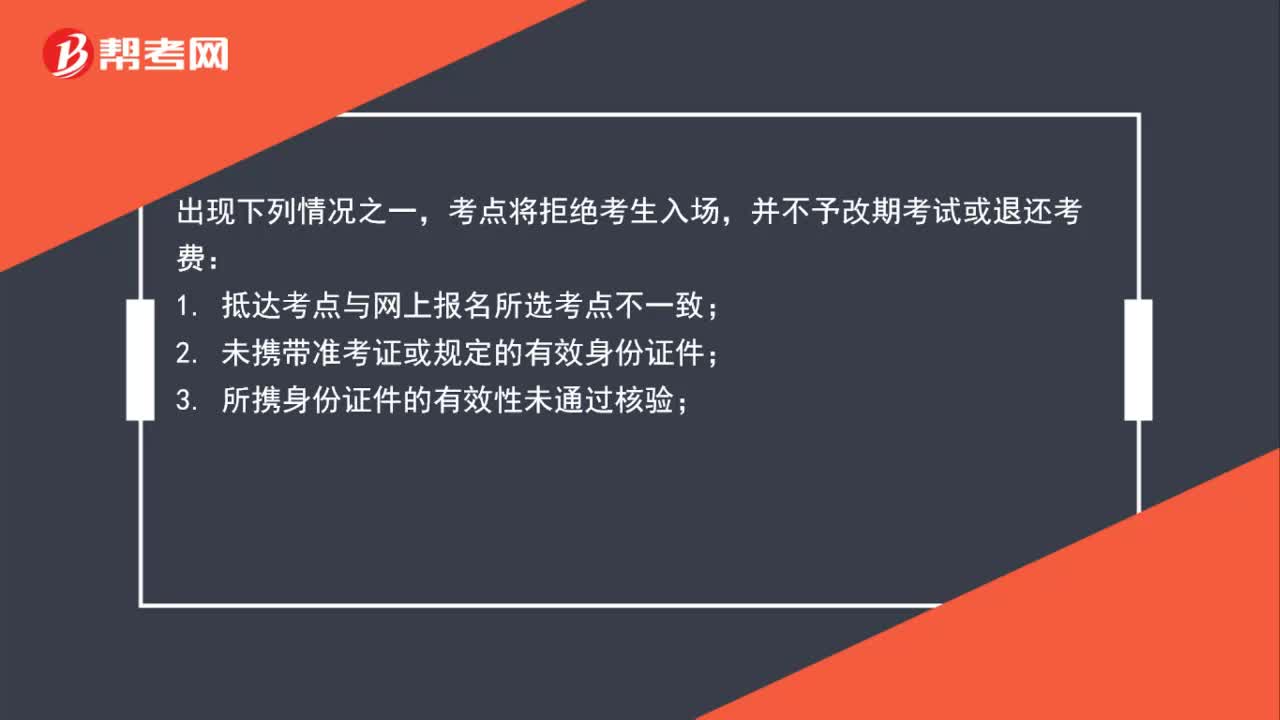 79
79为什么商务英语考试中有的考生不允许入场?:为什么商务英语考试中有的考生不允许入场?考点将拒绝考生入场,并不予改期考试或退还考费:1. 抵达考点与网上报名所选考点不一致;2. 未携带准考证或规定的有效身份证件;3. 所携身份证件的有效性未通过核验;4. 身份证件类型和号码与所持准考证显示信息不符;5. 身份证件相片与本人明显不符;6. 未按准考证规定时间到达考场;7. 不服从监考人员的管理,扰乱考场秩序。
 21
21需要具备怎样的基础才能备考商务英语BEC中级?:商务英语中级需要有大学英语四级到六级的水平。
 30
30学习商务英语BEC初级需要具备怎样的基础?:学习商务英语BEC初级需要具备怎样的基础?根据BEC考试大纲的要求,学习BEC初级需要有公共英语四级的水平。
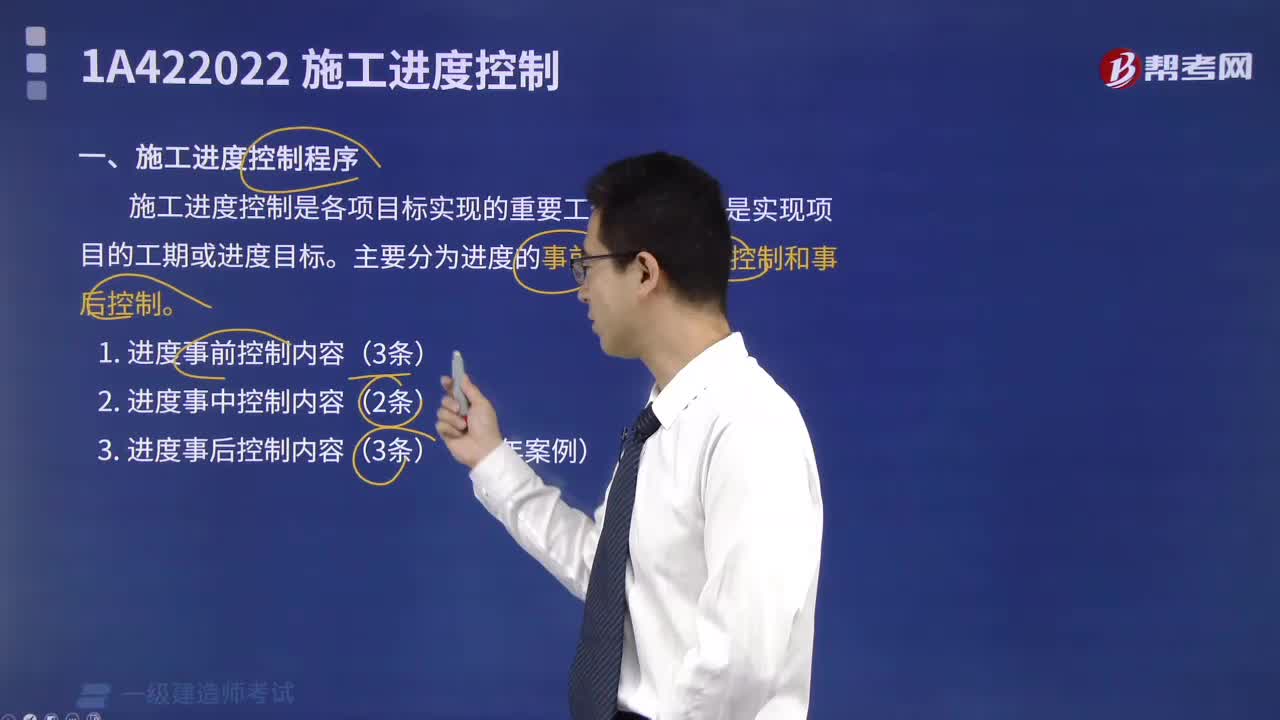 02:03
02:032022-04-08
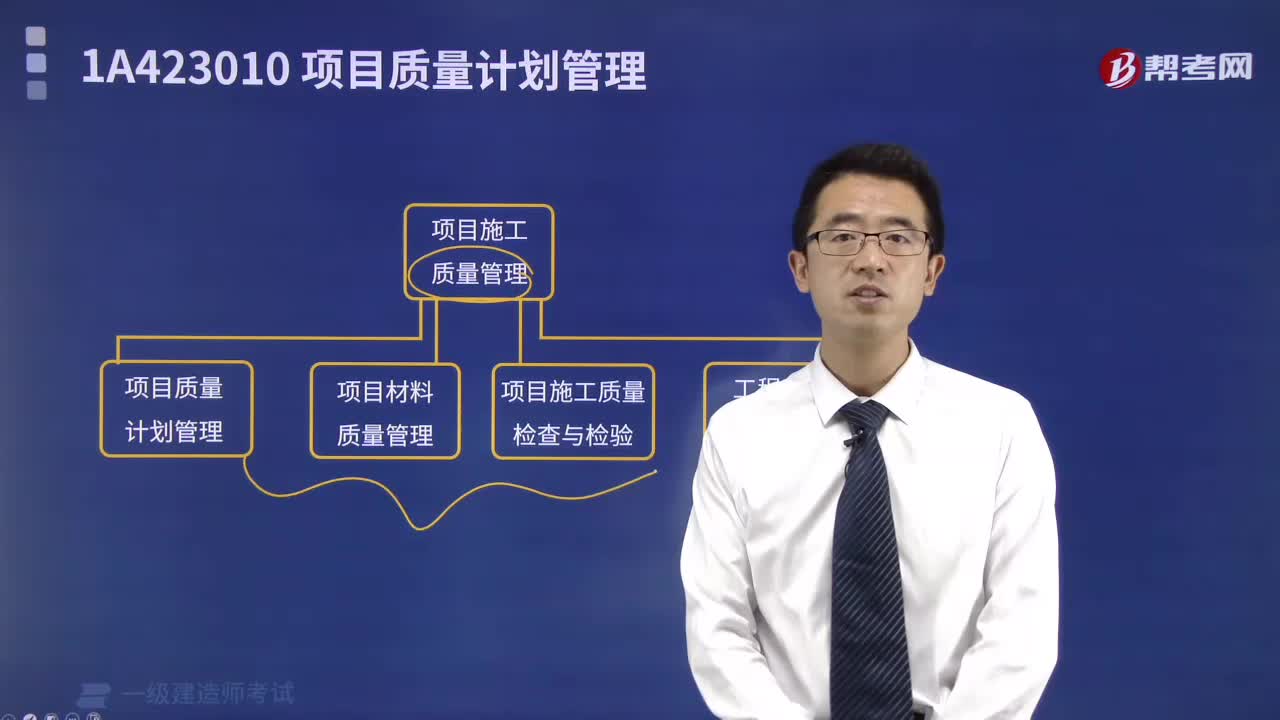 02:40
02:402022-04-08
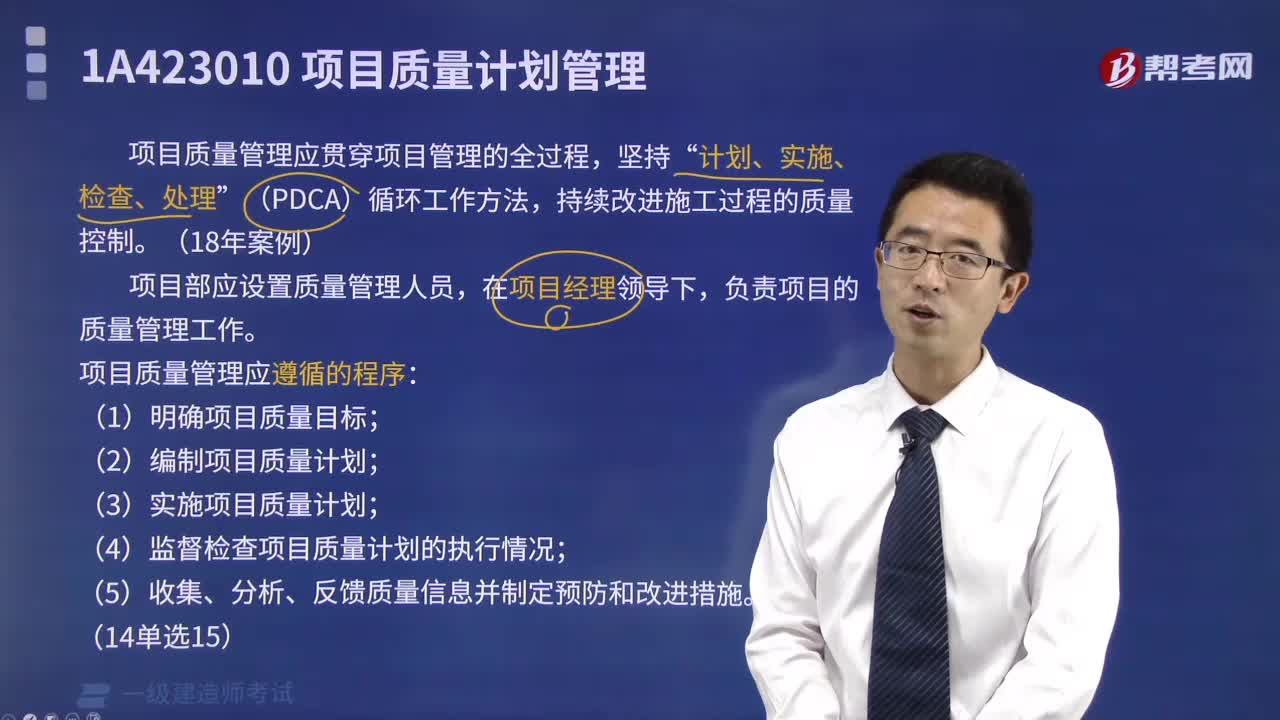 01:25
01:252022-04-08
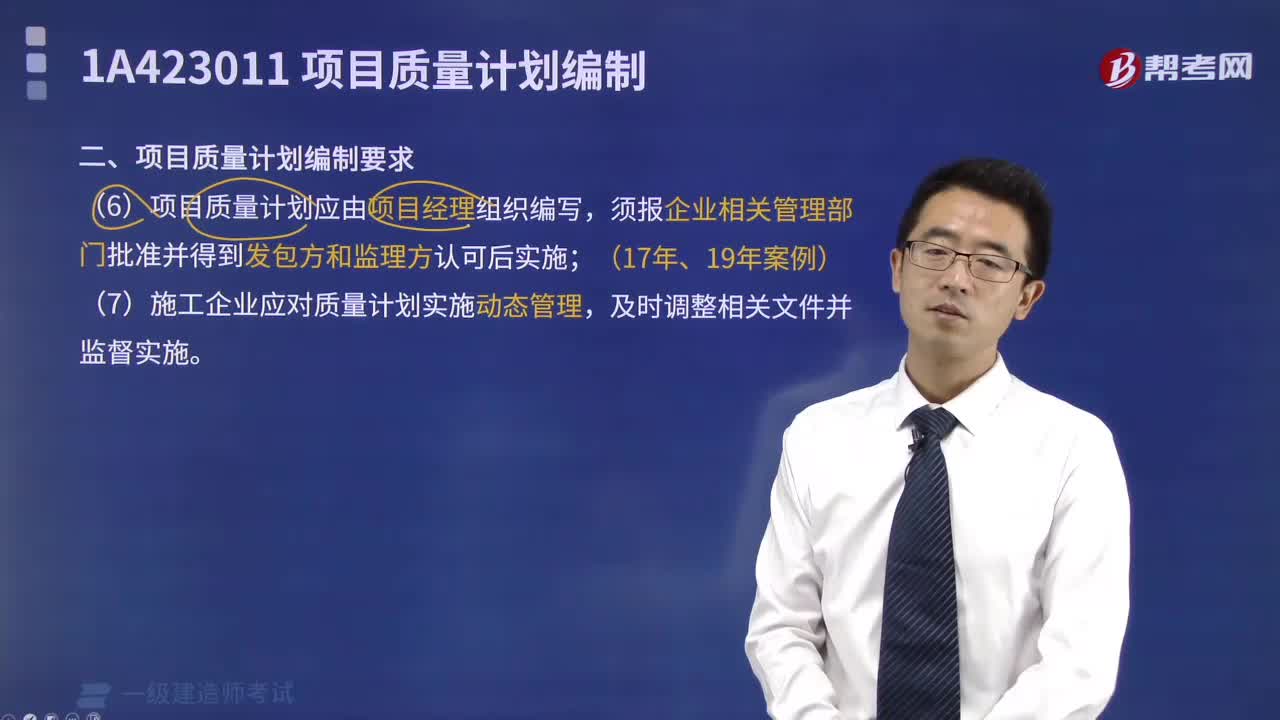 04:24
04:242022-04-08
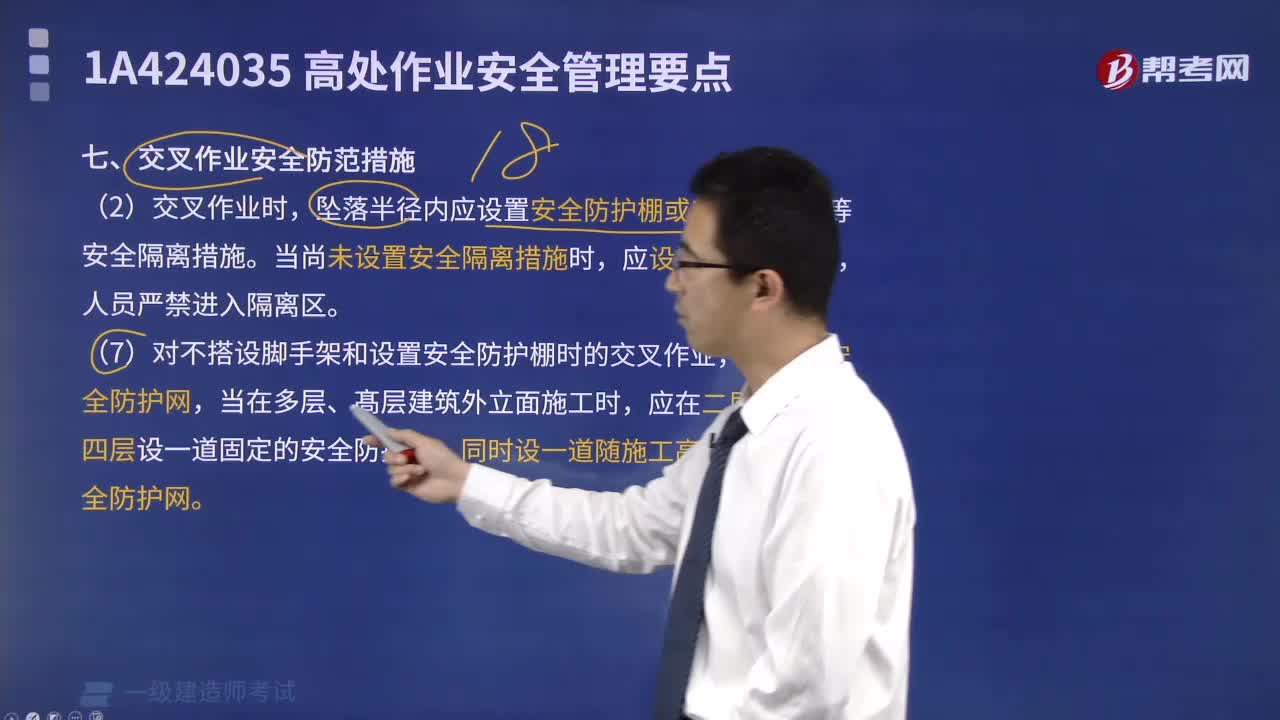 02:33
02:332022-04-08

微信扫码关注公众号
获取更多考试热门资料